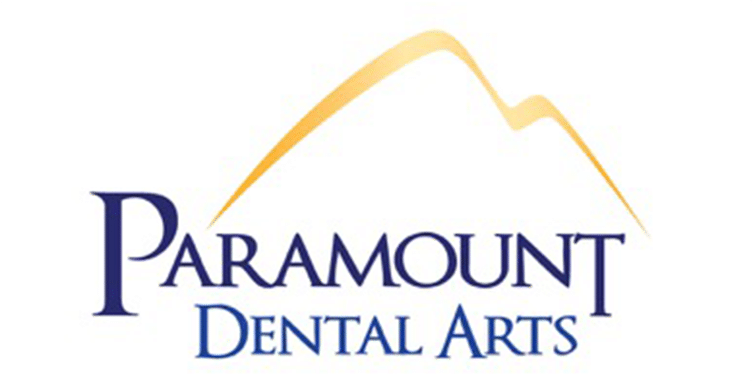If you experience pain in your jaw that spreads to your face, temple, or neck, you may wonder whether you have TMJ. TMJ syndrome can cause significant discomfort, making eating, sleeping, and relaxing difficult. Fortunately, TMJ is often treatable with non-invasive methods.
This blog will explain what TMJ is, share the symptoms and causes, and offer treatment options.
About TMJ
TMJ stands for temporomandibular joint disorder. The temporomandibular joints are located at either corner of the jaw and connect the lower jaw (mandible) to the skull.
The temporomandibular joint is highly complex and has an impressive range of motion. It allows for movements like chewing, speaking, singing, and yawning.
Symptoms of TMJ
You may experience one or more of these issues:
- Facial or neck pain
- Muscle stiffness in the jaw
- Difficulty moving the jaw
- Jaw locking
- Popping or clicking sounds from the joint, when accompanied by pain
- Premature wear on teeth
- Tinnitus
- Headaches
- Vertigo
- Altered dental bite
Causes of TMJ
TMJ disorders do not always exhibit a clear cause. However, contributing factors often include:
Arthritis
Arthritis in the TMJ joint (most commonly osteoarthritis) causes pain and stiffness.
Joint Dysfunction
When the disc inside the jaw incurs damage, TMJ may flare up.
Trauma
An injury like a car accident ,blow to the face, or fall commonly triggers TMJ syndrome.
Overuse
Clenching your jaw or chewing gum can cause issues.
Teeth Grinding
While the relationship between chronic teeth grinding (bruxism) and TMJ is unclear, many researchers agree there is a connection.
Stress
Patients who feel stressed frequently clench their jaw and grind their teeth, setting them up for TMJ symptoms.
Treatments for TMJ
Exercise
Your dentist can teach you gentle stretches and jaw exercises to help ease your symptoms.
Diet Change
Avoid hard and chewy foods like steak, caramel, and gum. Switch to a softer diet while your TMJ bothers you.
Stress Relief
Many patients feel fewer symptoms of TMJ when they consciously lower their stress levels. Meditation and yoga may help to relax the body and mind, and acupuncture can also help patients with pain.
Medication
Over-the-counter pain relievers and prescription muscle relaxers may help.Some patients respond well to mental health medications like antidepressants.
Oral Appliance Therapy
Your dentist can fit you for an occlusal splint that keeps your jaws in a healthy position overnight, reducing teeth grinding and allowing the jaws to relax.
Surgery
In extreme cases (typically advanced arthritis or joint derangement), surgery may be an excellent option.
Frequently Asked Questions About TMJ
What are some home comfort tips I can try for TMJ?
Many patients have good luck with alternating moist heat on the outside of the cheek with cool compresses. Use warm or cool compresses as you like.
Is TMJ curable?
Using non-invasive techniques, many patients can overcome TMJ symptoms and regain their quality of life.
Call Paramount Dental Arts
TMJ can interfere with your quality of life and disrupt your peace of mind. If you have any of these symptoms, please call us today at 973-777-1772 for an appointment.

